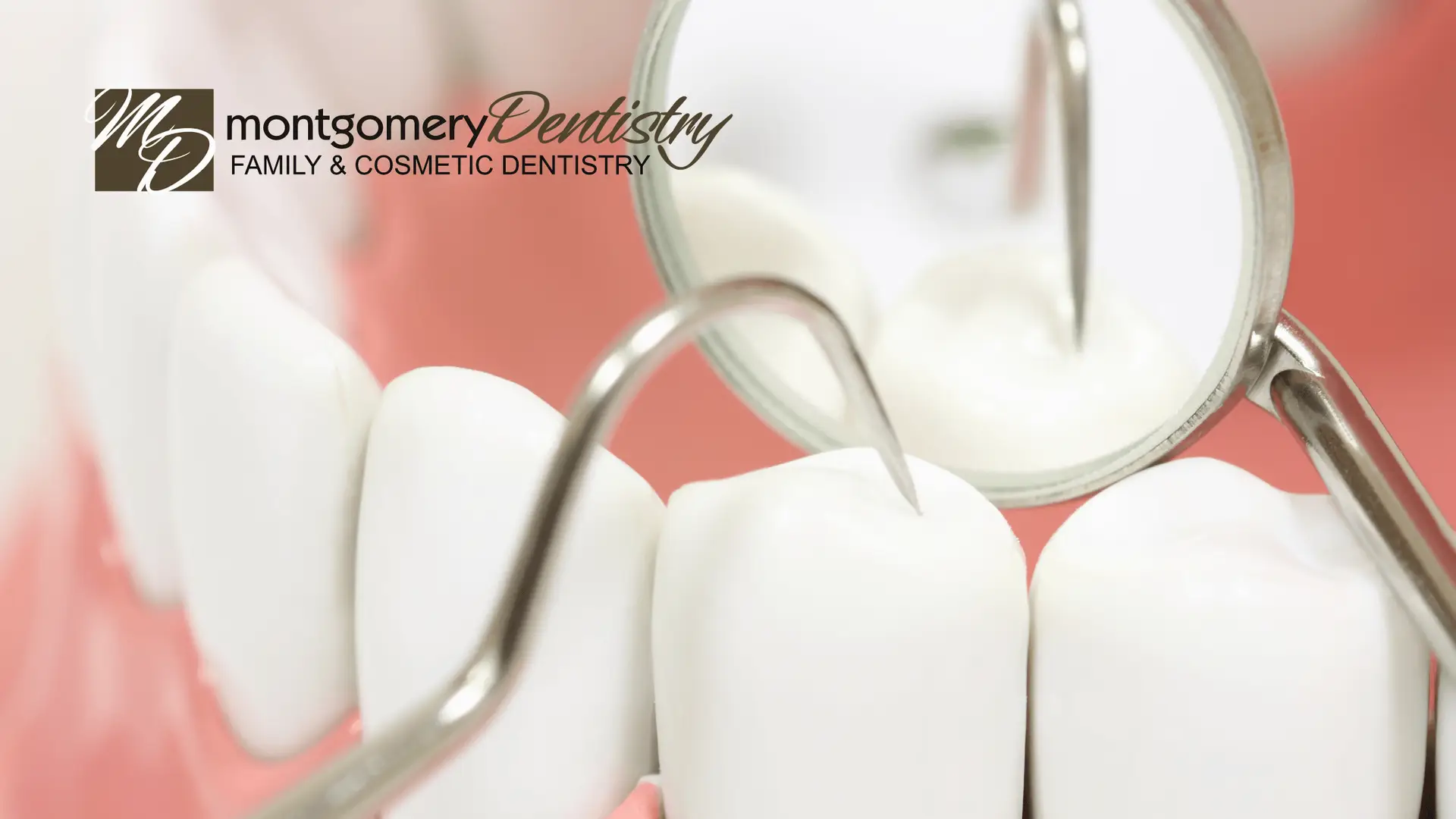If you struggle with sensitive teeth and gums, you can rest easy knowing that you aren’t alone. According to WebMD, up to 52% of adult dental patients have sensitive teeth. Additionally, the CDC reports that nearly half of Americans age 30 or older have some form of periodontal disease that leads to sensitive gums. What causes tooth and gum sensitivity, though, and how can you effectively treat and manage it?
Causes of Tooth Sensitivity
According to the Mayo Clinic, there are several factors that can contribute to tooth sensitivity. One of the most common reasons patients experience tooth sensitivity is degraded tooth enamel or exposed roots. This can happen for a number of reasons. For example, if you mainly consume acidic foods and drinks but you don’t brush your teeth very well after meals, your enamel may erode due to the leftover acid, which can cause your teeth to become sensitive.
On the other hand, if you brush your teeth a bit too hard with a heavy hand, you run the risk of manually stripping away your enamel and causing your teeth to become extra sensitive to particular foods and beverages. Overuse of whitening products can strip away the enamel on your teeth and cause them to become sensitive as well.
Tooth Sensitivity Treatments
If you’re experiencing tooth sensitivity when consuming certain foods and drinks, there are a few things you can do to address and treat it. One option is to ask your dentist about using a desensitizing toothpaste that will work to make your teeth less sensitive. Alternatively, your dentist might recommend a strong application of fluoride to reinforce your tooth enamel if it’s severely worn down.
One of the most drastic but effective ways to address tooth sensitivity is to do a total root canal on the teeth that are experiencing the most sensitivity. Since this procedure treats the dental pulp in the core of your teeth, it’s highly effective when it comes to cutting down on overall sensitivity.
Of course, there are a few additional things you can do at home to protect your tooth enamel and minimize sensitivity. If you’re already experiencing sensitivity, you may want to avoid consuming acidic foods and drinks like high-salt snacks and sodas in order to help keep your enamel from eroding. The way you brush your teeth can also make a big difference, so be sure to brush with medium pressure at a 45-degree angle to prevent further enamel erosion.
Causes of Gum Sensitivity
Healthline reports that sensitive gums are caused by a number of possible issues. One major cause of sensitive gums is gum disease like gingivitis or periodontitis. These diseases often develop when plaque accumulates on and below the gum line, which leads to a strong inflammatory response. Smokers and tobacco users are at risk for developing gum sensitivity and gum disease since tobacco can irritate and inflame the gums.
Oral infections like canker sores and ulcers can also cause the gums to become irritated and sensitive. Additionally, overly sensitive gums can be indicators of an underlying problem like vitamin C deficiency, untreated diabetes, and hormone fluctuations.
Gum Sensitivity Treatments
It’s important to see a dentist as soon as possible if you’re experiencing severe gum sensitivity since it could be an indicator of something serious. Your dentist might want to do a deep cleaning to remove excess plaque, which will help your gums feel less sensitive. If your gum irritation and sensitivity are overwhelming, your dentist may prescribe an oral anti-inflammatory for you to take while you’re awaiting treatment. They may also prescribe an oral antifungal or antibiotic medication if your gums show signs of infection.
If your gum sensitivity is mild, there are several things you can do at home to treat it. Thoroughly brushing your teeth at least twice a day is always important, but it’s even more important when your gums are already sensitive and inflamed. Brushing away the excess plaque on your gum line will both soothe your gums and help prevent disease and infections from developing. Just be careful not to brush too hard, since this could lead to further irritation. You can also add a vitamin C supplement to your diet to support your overall gum health. If necessary, there are over-the-counter oral numbing treatments you can use to ease your gum pain.
If you struggle with sensitive teeth and gums, give Montgomery Dentistry a call at (334) 279-0760 or stop by the office today!
About the Author
-

Dr. Amy Morrison Anderson
Dr. Amy Morrison Anderson joined our practice in July 2005. She is a lifelong resident of Montgomery, and a graduate of Jefferson Davis High School, Auburn University, and the University of Alabama, Birmingham School of Dentistry.
She is a member of the American Dental Association, the Alabama Dental Association, and the Academy of General Dentistry.
Dr. Anderson most enjoys doing veneers. “The reward of seeing my patients’ self-confidence and self-esteem boosted by a beautiful smile is immeasurable.”
Brandon, her husband, is also a graduate of Jefferson Davis High School and Auburn University. They have one daughter, Bailey Elizabeth, and twin sons, Caden and Cole.
